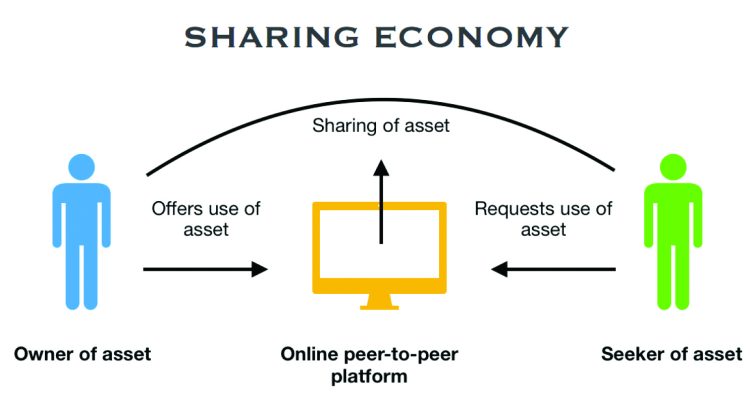On the heels of my last article talking about wearable technology, there is much to be said about our ability to adopt new things to our lifestyle here in Guyana. Leaning on my own experience, I’ll take you back to the start of my career in fashion in Toronto. Out of a series of very fortunate events I landed my first position in fashion at a startup called Rent Frock Repeat. It was Spring of 2011, and the company hadn’t even launched yet, and I knew very little, but at 19 I was sure I wanted experience in the industry.
Rent Frock Repeat, would be the first company of its kind in Canada, launching completely online, utilising strategic partners like Canada Post and launching as an online dress rental; where for four or eight days, a designer dress (or dresses) could be yours for a fraction of the cost – you rented them.

 Birthed out of a need for a cocktail dress for a wedding but not wanting to spend hundreds on something they’d wear once, the founders of this company, looked for rental options in the Canadian marketplace, and found none. So they created their own, investing over $250,000 Canadian dollars in initial startup capital, they built out a website and bought full size runs of inventory from some of the most popular designers at the time, including Badgley Mischka, Betsey Johnson & Greta Constantine. The business took off, because the need was there.
Birthed out of a need for a cocktail dress for a wedding but not wanting to spend hundreds on something they’d wear once, the founders of this company, looked for rental options in the Canadian marketplace, and found none. So they created their own, investing over $250,000 Canadian dollars in initial startup capital, they built out a website and bought full size runs of inventory from some of the most popular designers at the time, including Badgley Mischka, Betsey Johnson & Greta Constantine. The business took off, because the need was there.
In their research pre-launch, they came across an American company, Rent the Runway, which had launched in 2009, reaching incredible growth and raising several rounds of venture capital capping at 337 million. These are two very different examples of one industry within the shared economy, but it is said that the millennial generation loves things shared, sharing rides via Uber, or homes via Airbnb, co-working spaces via WeWork – so why not clothes? But in a much smaller economy like Guyana is an approach at the shared economy even feasible?
About ten years ago, when the western world was in the height of thrifting, the concept of buying used clothing – even at a drastically reduced cost was rejected. I am basing this off of my first hand observation of several local ‘online thrift stores’ that died a swift death on Instagram, as well as through questions I’ve posed to people I was in conversation with. While the data pool was small, the consensus was the same, very few were interested in someone’s hand me downs, lest they had to pay for them.
In terms of sustainability, becoming more open to gently used clothing items is a cultural shift that can have incredible impact. These days, a garment’s life expectancy is on average 2 years, which by itself is absurd, garments of old would last people decades. For anyone who takes good care of the clothes they wear, but also buys frequently, clothing swaps or selling clothes at thrift stores can make sense if only to alleviate the size of their closet and allow them space to add more. This also increases the time it would take for our, most times, non-biodegradable garments to get to the garbage dump.
The conversation on sustainability and cultural acceptance goes deep, but it comes down to this question, is there space for shared economy in this economy? Would the Guyanese market ever be willing to adopt concepts that they once shunned?









